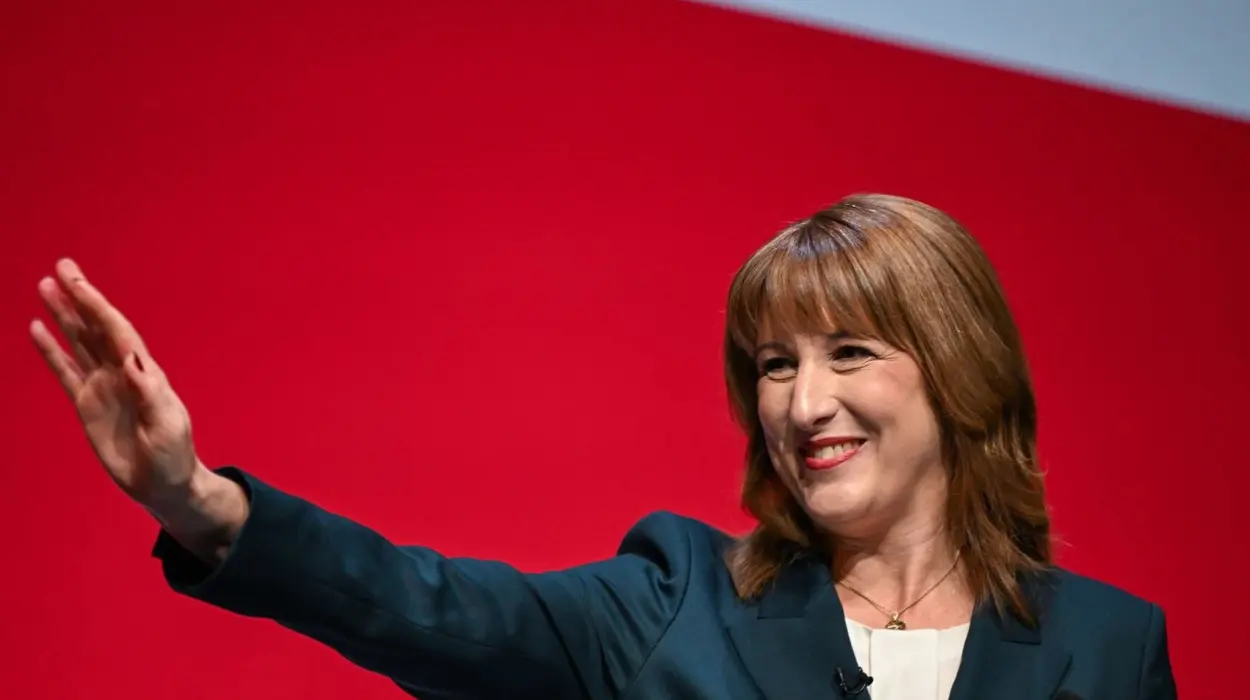London (Parliament Politics Magazine) – British food giant Bidcorp urges Chancellor Rachel Reeves to ease tax pressure, warning that higher duties on food firms may burden consumers.
As reported by The Telegraph, food industry leaders warn Rachel Reeves against tax hikes on companies ahead of the upcoming Budget.
What did Andrew Selley say about tax hikes on food companies?
Andrew Selley, head of UK food distributor Bidcorp, warned that the government’s planned tax increases and duties on the industry could push up consumer prices.
The warning came as Britain’s top business organization revealed that financial services activity had fallen at its fastest pace since the pandemic. This highlights wider economic uncertainty ahead of the upcoming Budget.
At a London conference, Mr Selley urged the government to address the challenges facing businesses.
He said,
“We’ve seen that food inflation is inherently sticky at the moment. It’s incumbent on the Government to stop whacking taxes and additional costs onto the key players in the food industry.”
Mr Selly stated,
“At some point, we’re going to be passing those on [to customers] otherwise we’re out of business. There needs to be that recognition from the Government to help make the system affordable.”
He stressed the need for the Chancellor to clarify future business policies.
The food giant’s CEO said,
“We need to have a clear picture as to what future costs are coming our way, and obviously, that isn’t the case at the moment.”
Mr Selly stated,
“We don’t know what’s happening on the living wage, we don’t know the impact of [Labour’s new recycling tax]. We don’t know what business rate reform is going to look like, we don’t know the impact of employment rights bill.”
He added,
“We want more clarity and then there’ll be a groundswell of confidence from business to invest.”
What did John Roberts say about government policies on UK businesses?
The founder and chief executive of electricals retailer, AO, John Roberts, criticised the government for penalising British firms.
He added,
“We’re rooted in the UK, and we should be turbocharged by our UK government, not disadvantaged.”
CBI’s survey about business fears ahead of the upcoming budget
A Confederation of British Industry survey showed financial services activity fell at its fastest pace since June 2020. The decline occurred in the three months to September.
The findings come amid concerns that the Chancellor may introduce a windfall levy on the banking sector. There are also potential tax hikes for landlords, investors, and high-income groups.
Louise Hellem, an economist at the CBI, stated,
“There can be no further tax rises on business. Instead, the Government must focus on promoting the strengths of our world-leading financial services sector and double down on delivery of the Financial Services Growth and Competitiveness Strategy.”
What did Rachel Reeves say about business taxes and the budget?
Rachel Reeves indicated that her upcoming Budget could target employers once again.
During a CBI event, the Chancellor faced questions about businesses’ tax contributions.
She added,
“I recognise that we should have a competitive tax system, but I think businesses recognise, like everybody does, that paying taxes is important to support the economy.”
Companies are still grappling with the impact of the £26bn National Insurance rise and its effects on business costs introduced by Ms Reeves.
Retail leaders warned that the new recycling tax, coming into effect this month, could push up prices by as much as £1.6bn.
What did Rain Newton-Smith say about the upcoming Budget taxes?
The head of the Confederation of British Industry called on Chancellor Rachel Reeves to abandon Labour’s pledge not to raise taxes on working people.
Its CEO, Rain Newton-Smith, said the “time for tinkering is over” and warned Ms Reeves against rigidly following past tax promises.
She stated,
“The fact is that geopolitics and global markets have shifted. The world is different from when Labour drafted its manifesto, and when the facts change so should the solutions.”
Ms Smith added,
“The Chancellor cannot raid corporate coffers again so she must look elsewhere, embracing long-term strategic tax reforms rather than maintaining a slavish adherence to manifesto promises on tax or ideas based on the world as it was 18 months ago.”
She continued,
“The Chancellor must commit to tax reform, not just tax rises. It is the structure of the system, not just the rates, that holds back growth: business rates penalise investment; the VAT threshold discourages scaling; and stamp duty restricts labour mobility.”
Key details about the UK’s 2025 Budget
The 2025 Budget will be presented on 26 November, with only one major fiscal event planned. The Chancellor has pledged no rises in Income Tax, National Insurance, or VAT for working people.
Other tax increases may still occur due to public finance pressures. Potential reforms include changes to pensions, wealth, property, and business taxes.

